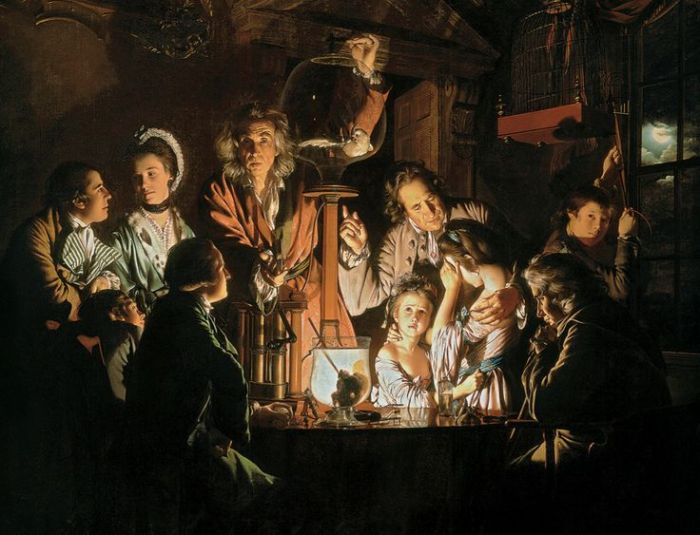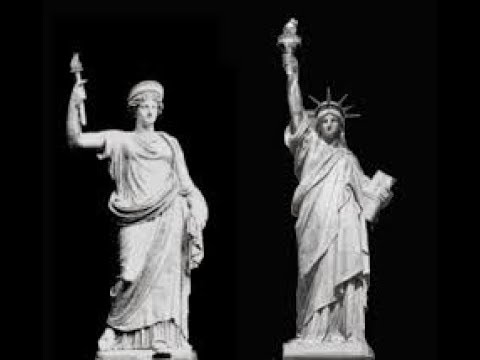
The French Revolution actualised the Enlightenment’s greatest intellectual breakthrough: detaching the political from the theocratic. Pankaj Mishra
France is a country who has been influential in gastronomy, art, architecture, science, language, philosophy and historical figures! A country who has both been for and against Rome. The French Revolution the climax to the story of a proud nation! The country started out a very Catholic nation with some of the Papacy even holding a seat there for some time. The Norwegian king Rollo married a French princess and they had William I who invaded Britain in the Norman Conquest. Christianity had already come to France. The French Reformation took place around 1512 with a man named Lafevre, a professor of ancient literature at the University of Paris. He discovered the Bible and taught others by translating the New Testament! The Gospel in the language of the people came to France and exerted its influence, a flame was ignited! Then came John Calvin who preached door to door, risking his life to share the Bible. In Paris, God had sent Lafevre and Farel to the King, to preach in front of an audience of aristocrats. The King and princes opened the palace for Protestant ministers to preach the Gospel from the Bible in the peoples language! For two years this went on with the approval of the King of France until opposition and persecution came! Every house was searched anyone who were Lutherans were tortured and burned alive! Even printing was abolished in France by Francis I, there was no freedom of speech and the King betrayed the Protestant Christians! The Gospel of Christ was destroyed by those who were supposed to be Christians! There were other Bible believing groups in France who were also persecuted; the Waldenses of the Piedmont, the Albigenses, and the Huguenots! The greatest evidence of the influence of Satan, is seen in the St. Bartholomew Massacre in which, the Papacy and the King of France, murdered Protestants at night in cold blood culminating in the deaths of 15,000 or more people! 258 years later came the French Revolution! As all know, the Papacy didn’t like Protestantism, they told the monarchs that Protestantism would bad for their kingdoms, even though the reformers never used violence! A papal nuncio was sent to the King of France stating, “Sire, be not deceived. The Protestants will upset all civil as well as religious order… The throne is in as much danger as the altar… The introduction of a new religion must necessarily introduce a new government.” D’Aubigne, ‘History of the Reformation in Europe in the Time of Calvin,’ b. 2, ch. 36. During the Protestant Reformation, the Counter Reformation and the Inquisition was under the control of the Jesuit order. In 1773, the Order were suppressed, the Inquisition given to the Dominican order. Before the Revolution, the major religion of France was Roman Catholicism, though King Louis XVI allowed Protestants and Jews to live in France and practice their religion. The Catholic church owned most of the land on which it received large sums of money from it’s surfs and tithe money! When the French Revolution came, it attacked all religion by instituting an atheistic state with the ‘Goddess of Reason” or Athena. During this time the “citizens” took over and reclaimed millions of dollars of money and land from the Catholic Church. They were fed up with slavery and poverty caused by the major religion!
So where did the Enlightenment thinkers really get their ideas from? The philosophers like Voltaire, Descartes, Weishaupt, Locke, were educated in schools which had been dominated by Jesuit influence! John W. O’Malley, S.J. stated in his article, ‘How the first Jesuits became involved in Education.’
“By 1773, the year the Society of Jesus was suppressed by papal edict, the Jesuits were in charge of some 800 educational institutions around the globe. The system was almost wiped out by the stroke of a pen, but after the Society was restored in the early nineteenth century, the Jesuits with considerable success, especially in North America, revived their tradition.”
The Enlightenment thinkers got their inspiration for reasoning and logic from St. Thomas Aquinas. He revived the writings of the Greek philosopher Aristotle and other Greek philosophers. Aquinas and all the scholastics who followed after him used logic to advance and defend the teachings of Roman Catholicism. The men of the Enlightenment used it to attack the Roman Catholic Church and all religious belief itself, as being unreasonable. What many believe culminated in the French Revolution was: 1. The judgments of God on the Aristocracy for it’s suppression of the Bible and the Gospel. 2. The judgments of God on the Aristocracy for it’s neglect and enslavement of the poor. 3. The French Revolution was the hidden tool of the Jesuit order against Roman Catholicism and the Pope which resulted in the decline of the Papacy in 1798 and the birth of the United States of America in 1776! These philosophers also influenced positive progression of society that gave men and eventually woman, freedom, where once they had been slaves! Look as the freedom’s we all have now compared to 400 years ago: education, freedom of speech, right to vote, hold property, access to books and knowledge, health care, travel, entrepreneurship! In medieval Europe, Asia, Africa, and the Americas, there was only a cast system were the majority served the rich and the few! Although these men under evil influence set out to go against God by promoting atheism, God is in control!
‘The Enlightenment: History, Documents, and Key Questions,’ edited by William E. Burns
‘Life of Napoleon,’ by Sir Walter Scott
‘How the Scots Invented the Modern World: The True Story of How Western Europe’s Poorest Nation Created Our World and Everything in It,’ by Arthur Herman
The Creation of the Modern World: The Untold Story of the British Enlightenment,’ By Roy Porter
